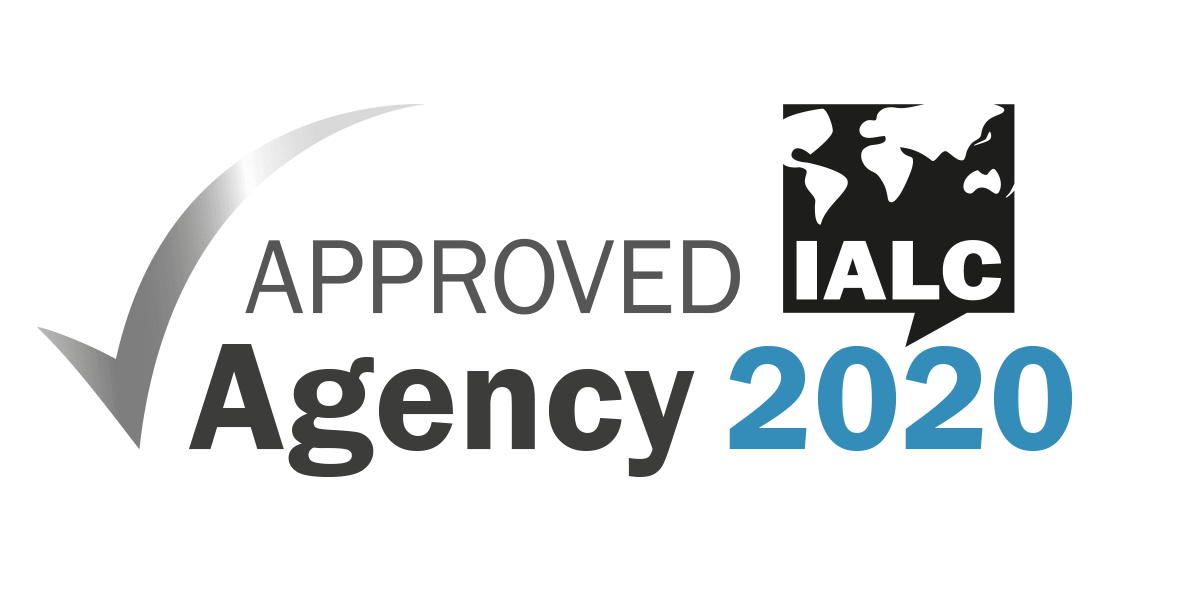Short in time?
Australia is the most popular destination for workers from around the world. High wages, opportunities for growth, and an excellent quality of life make it a very attractive country. But what does the job situation in Australia really look like in 2025?
What makes this country so attractive?
For many, what makes Australia so fascinating is the combination of career advancement, quality of life and job opportunities. 68% of respondents to the 2024 Global Talent Survey cited career advancement as a key factor in their decision.
But that’s not all: Many choose Australia because it is a safe, economically stable country with a welcoming and inclusive culture that offers opportunities no matter where you come from.
Highest wages and lowest unemployment
Australia offers one of the highest minimum wages in the world at A$23.23 per hour, or A$882.80 per week, and a low and stable unemployment rate of 3.9% as well as an increase in employment to 14,259,800 units in March 2024. The data also shows an increase in full-time employment compared to part-time employment.
Rights and flexibility
Australia’s employment system is well structured and provides flexibility and security for both employers and employees, with national employment standards, occupational health and safety regulations and superannuation. The job market is robust and offers many career opportunities, particularly in key sectors such as hospitality, construction, mining and professional services, including for non-Australians.
High quality of life
Australia is also known for its excellent quality of life, with cosmopolitan cities such as Sydney, Melbourne and Brisbane consistently ranked among the world’s best places to live. According to a Forbes Advisor study, Australia ranked third in the world’s top 25 cities for work-life balance. The factors considered are many and varied:
- Gender inequality index: what to know more about being a woman in Australia?
- Average working hours
- Maternity and paternity leave policies
- Statutory minimum annual leave
- Rent to income ratio
- Availability and proximity of parks and nature reserves
- Unemployment rate
Ultimately, psychological well-being and work-life balance are not just determined by work or relationships with colleagues, but are intertwined in a larger context that constantly surrounds us.
According to Lorenzo, Sales Coordinator of Go Study Australia, Australia offers an optimal work-life balance. “You can choose your lifestyle according to your pace and your goals,” he explains. “You can make a very good living working 30 hours a week if you don’t have any particular ambitions to save money, or earn very high salaries if you want to work more than 40 hours. Salaries vary by industry and position. And although the cost of living can be high, especially in larger cities like Sydney and Melbourne, the minimum wage is increased every year to reflect the cost of living and inflation.”
Go Study’s Job Support
Seminars & workshops, resume & interview tips, ABN, TFN, Bank Account, and more! So you can start working pronto!

What is it like to live and work in Australia?
To get real feedback from the field, we had a chat with Lorenzo, an Italian who has been living and working in Sydney for 6 years. After 2 years of Working Holiday, Lorenzo turned to Go Study to enroll in a Business and Marketing course and get his Bachelor’s degree in Australia. He then started working exclusively for Go Study as a Student Advisor and quickly became a Sales Coordinator in Sydney.
Getting started in Australia
According to Lorenzo, “Opportunities for newcomers depend on the sector and skills. In general, there are many opportunities in the hospitality and service industries, as well as IT, engineering and healthcare. It all depends on your skills, your level of English and your ability to network.”
How long does it take to find a job in Australia?
Finding a first job can take from a few weeks to several months, depending on the field chosen and the ability to network. “For less ‘skilled’ jobs, you can usually find employment within a few days, while more skilled jobs require references, Australian qualifications and often some work experience in Australia, also to improve your Business English.”
What you should know: There are opportunities for everyone in Australia. Play your cards right: take a professional (VET) course if you want to have all the skills you need to get a higher-level job.
Opportunities for the young and inexperienced
Even young people with no experience can find jobs, “especially in the hospitality and construction sectors. Positions such as: Food Runner, Bar Back, Kitchen Hand and General Laborer do not require specific work experience. However, without a good level of English, you may have to start at an entry-level position and “move up the ladder” within the company. With the constant turnover of staff, “it is easy to move up in a very short time.”
What you should know: Turnover always opens up new opportunities, even for the young and inexperienced. However, to move up, English is essential.
Working in your own field, yes you can
Although competitive, finding work in your own field “is possible. It does require more experience and a higher level of English, though. Australian qualifications can also help“. The advantage of Australian qualifications is that they are very practical and allow you to show that you have work experience in your field, which is the most important thing. “Qualifications obtained in Australia are much more important than those obtained overseas, which Australia does not recognise.”
What you should know: Working in your own field is also possible. Internships, Australian professional qualifications (VET courses) and a good level of English will make the difference.
English: a must
According to Lorenzo, the demand for language skills has increased in recent years. “Those who have a better command of Business English are able to find jobs much faster. It is important to have skills in all areas: speaking, writing, listening, reading. You need to be able to write well and know the standards for writing emails, cover letters and CVs.” This applies to all jobs, even the less skilled ones: after all, you are always interacting with the public, colleagues and employers, whether in a company, a restaurant or a construction site.
What you should know: English is now essential for finding a job in Australia, even the most basic jobs that do not require specific skills. Which English course is right for you?

Haven’t read this far?
Here’s what you need to know
- Australia is one of the most sought-after job destinations in the world.
- Opportunities are available in all sectors, especially hospitality, IT and engineering.
- Those who have just arrived can find work immediately in less skilled areas, while more specialized positions require more time, a good level of English, or professional qualifications obtained in Australia.
- Even those who are young and inexperienced can find work quickly, with the opportunity to grow quickly.
- Experience, Australian-acquired qualifications and a good level of English make the difference in speeding up the time it takes to move up the career ladder.
What’s your next move?
Australia is calling: start planning your life, studies and work Down Under today.












